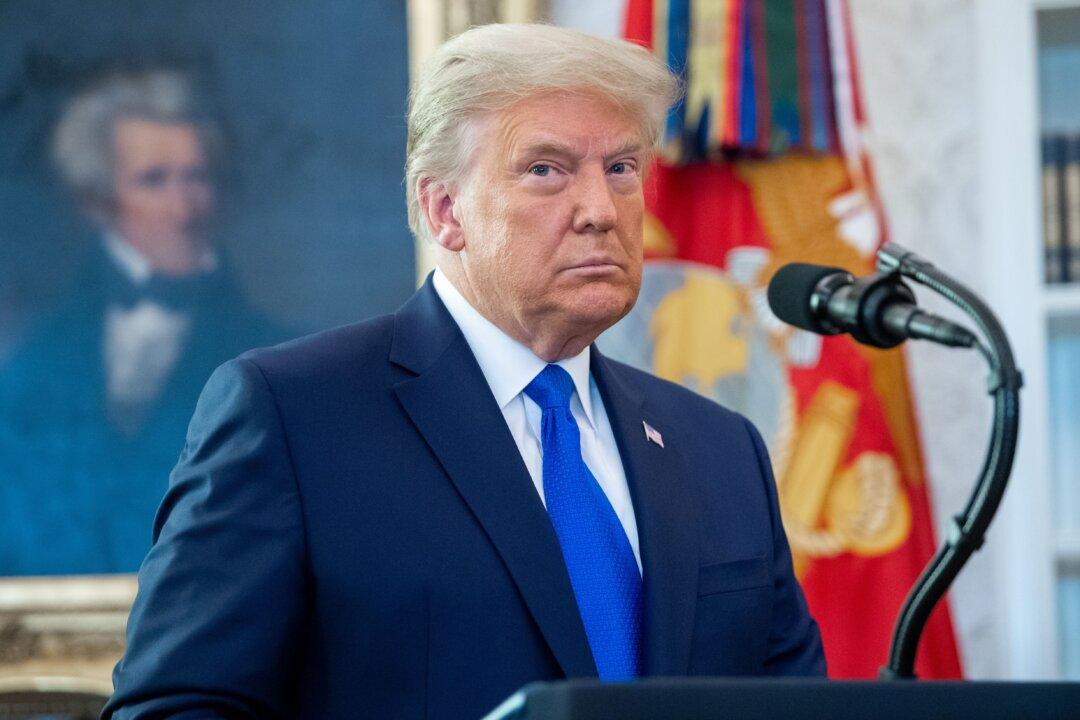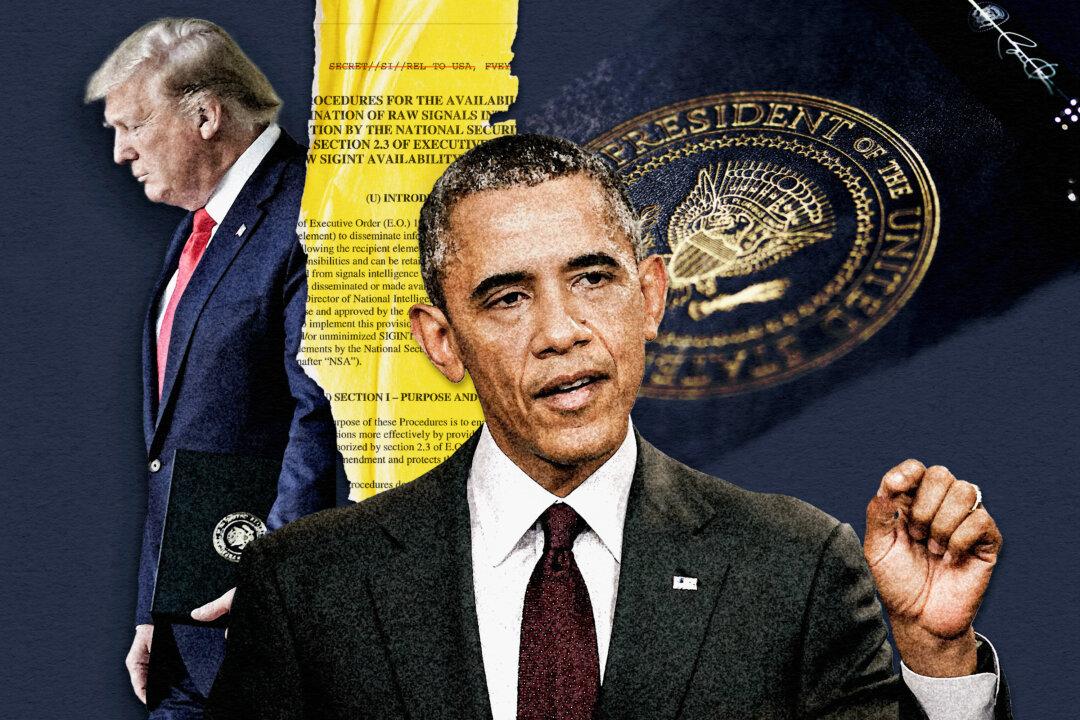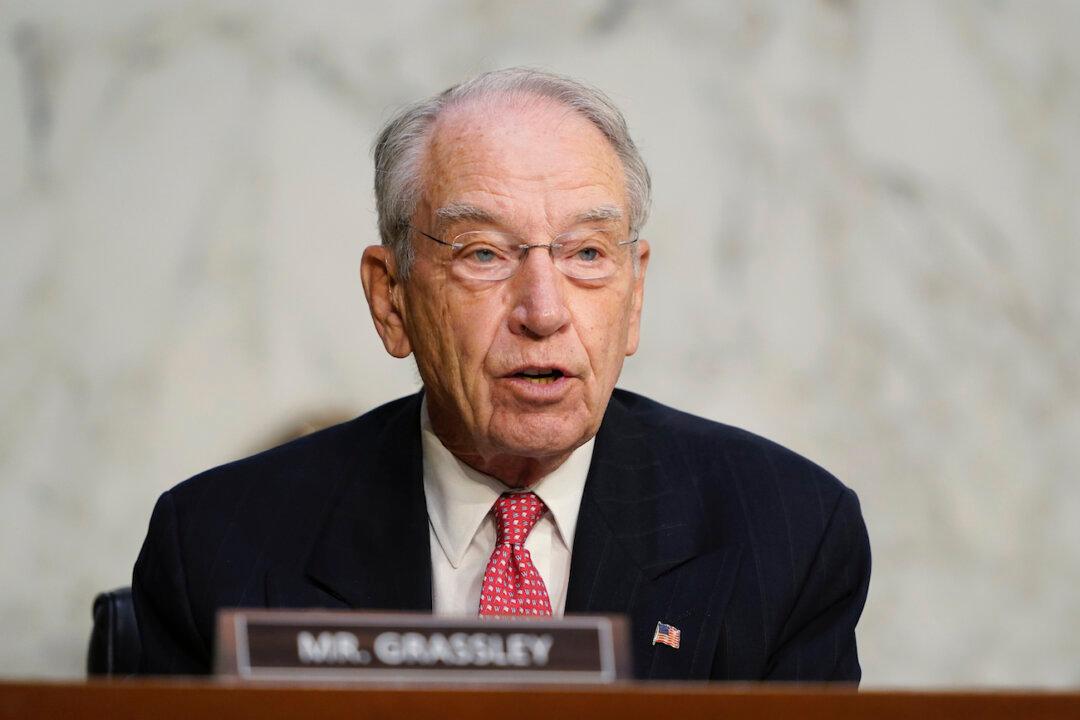News Analysis
The House Intelligence Committee voted Sept. 28 to release a number of transcripts taken from interviews during its investigation of 2016 election interference by Russia. The move by the committee was previously disclosed in a Sept. 16 interview by committee Chairman Devin Nunes (R-Calif.) on the Fox Business show, “Sunday Morning Futures with Maria Bartiromo.”





